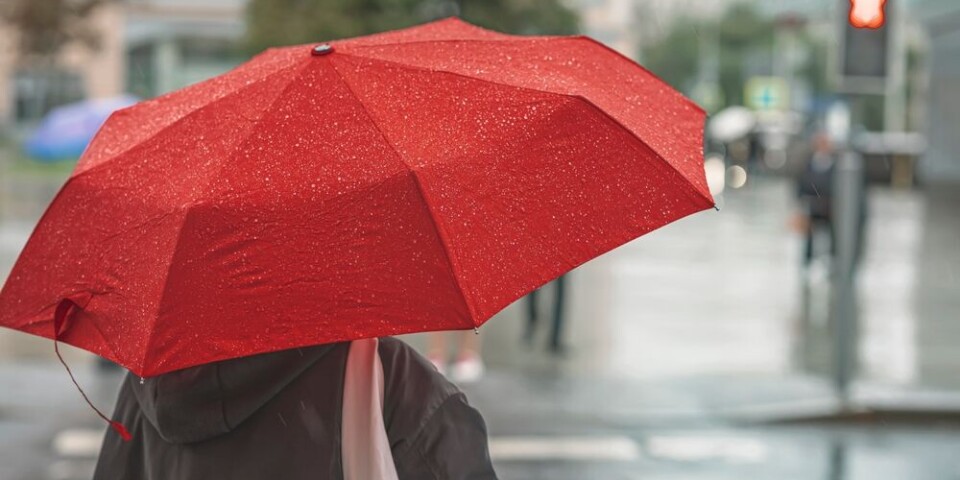-
Learning French: how native speakers really talk to each other
Nick Inman explores the intriguing divide between formal and informal French, and how mastering both can enhance your cultural fluency
-
Learning French: can you pronounce these 12 challenging words?
From squirrel to kettle, these are words you might use on a daily basis
-
Learning French: tohu-bohu and more ways of expressing chaos
You might hear these terms being used to describe France’s ongoing political turmoil
Seven ways to say ‘I’m tired’ in French and their unusual origins
Show off your French language skills with some interesting phrases, from past and present, to express how tired you are

One of the earliest French phrases we learn at school, and one which English-speaking residents in France use with regularity and confidence, is ‘Je suis fatigué’ (‘je suis fatiguée’ if you are female) – meaning “I am tired”. Je suis épuisé(e) is another easy one to employ.
But with a little application, you can impress your neighbours as you make your excuses to leave for home after a long soirée: just add a little linguistic flourish to your expression of bed-readiness by learning a few elegant and charming expressions from yesteryear.
Read more: Être aux anges and more French ‘happy’ expressions
Read more:Faire la grasse matinée and more French sleep phrases
Just as we might say “I am on my knees” to express serious fatigue, the French are a little more specific: “être sur les rotules” is translated literally as “being on one’s kneecaps” – the French word for patella borrowed from the medieval Latin rotula, meaning – very cutely – “little wheel”.
You can also use the adjective fourbu to explain your physical fatigue – ie. “je suis fourbu” which comes from the old French verb: soi forboire, which back then meant “to drink with excess, to get tired of drinking too much”. Today’s usage does not refer to having drunk too much, though. It just means worn out.
You can use the common phrase like “je suis claqué(e)” – “I’m beat” or “I’m bushed”. The word claque is onomatopoeic, from the klakk sound, and can refer to a short, firm slap (also called une gifle).
En avoir sa claque is an extension of this – it means “I have had enough”, or “I can’t take any more”. But back in the 19th century, it meant “to be satiated” – in Picardy, for instance, the claque in question referred to a measure of milk sizeable enough to render one full and satisfied!
Finally, a well-used, but very informal phrase is “Je suis crevé(e)“ - “I’m knackered“ or “I’m dog tired“. The verb crever means to burst or puncture, so you are in fact saying you're flat and have nothing left inside. The same goes for “Je suis vidé(e)“ - literally “ I’m emptied“ !
Related articles
Chépa, Chui: Six French ‘slurred’ words you may find hard to recognise
We get on with French neighbours so why do they use ‘vous’ with us?
























